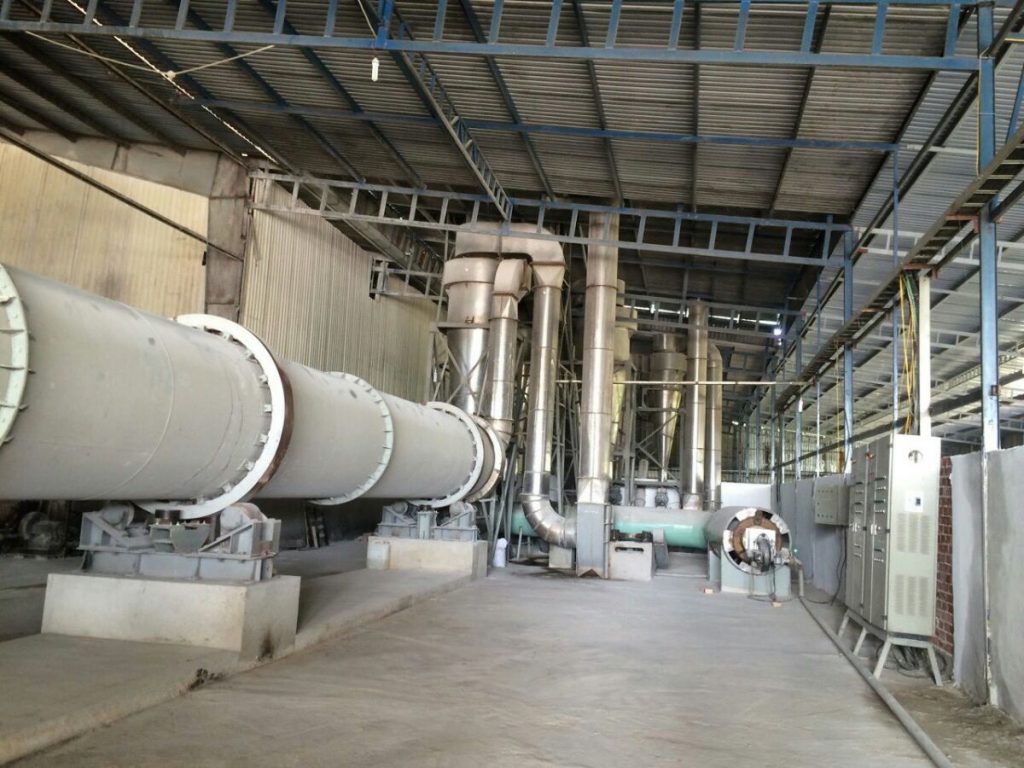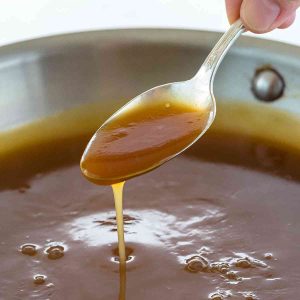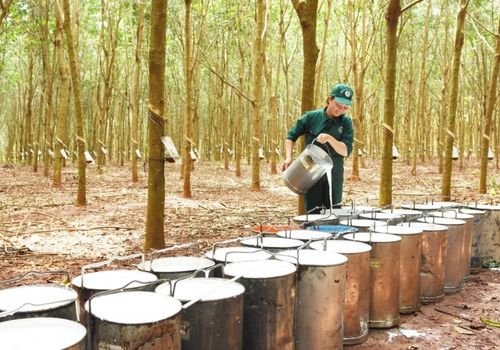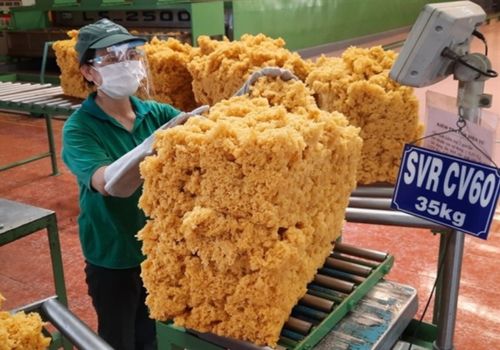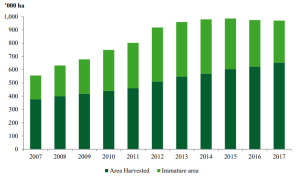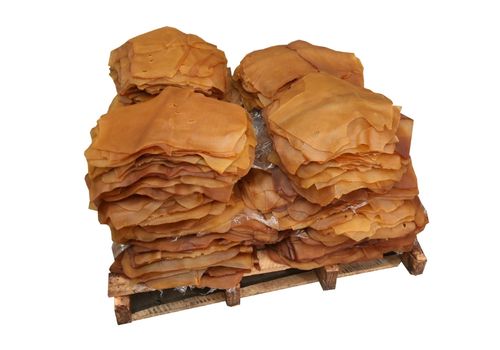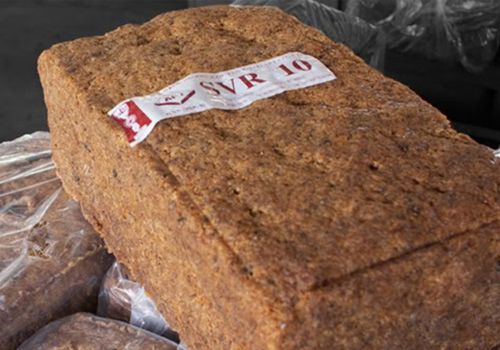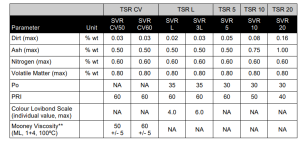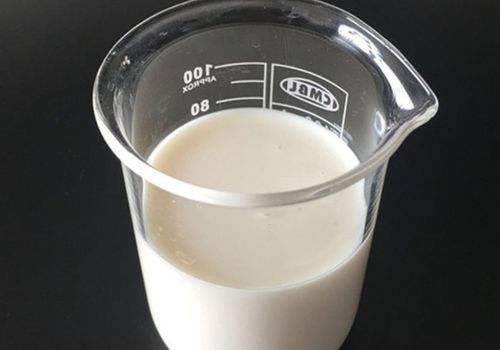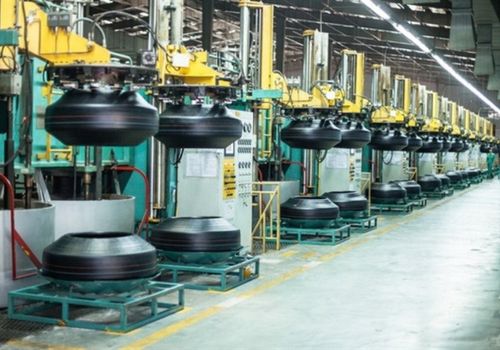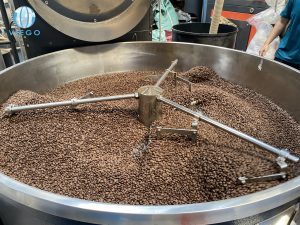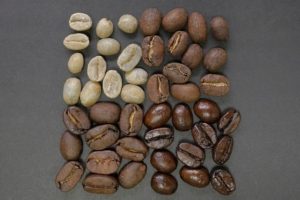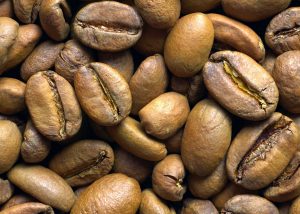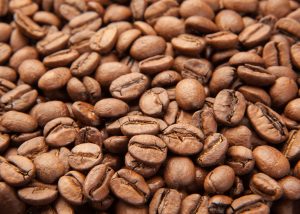In part 1 of this blog post, we discussed four most common and costly sourcing mistakes you are likely to encounter when sourcing Vietnam tapioca starch, along with steps you can take to avoid and correct them. We will continue to take in consideration three other pitfalls in this part 2. Check it out to make sure you are doing a smooth and profitable sourcing process.

Vietnam tapioca starch stuffing at Hochiminh port. Source: Viego Global Team
1. No person to handle promptly on site if any problems raised during tapioca starch deal
Being geographically distant from your tapioca starch suppliers can pose challenges when it comes to promptly addressing any issues or concerns that may arise during the sourcing process. Without a designated person or team on-site in Vietnam, you may face delays in problem resolution, leading to disruptions in your supply chain and potential financial losses. Whether it’s product quality issues, logistical complications, or unexpected production challenges, having someone readily available to handle these problems on-site is essential for maintaining smooth operations.
The on-site team can conduct regular quality checks, oversee production processes, and ensure that the cassava starch meets your specified requirements. Their physical presence allows them to interact directly with tapioca starch suppliers, assess production facilities, and handle any emergencies that may arise. If establishing an on-site presence is not feasible, consider partnering with a reputable local sourcing agent who can serve as your representative. They will possess the necessary expertise and local knowledge to handle promptly.
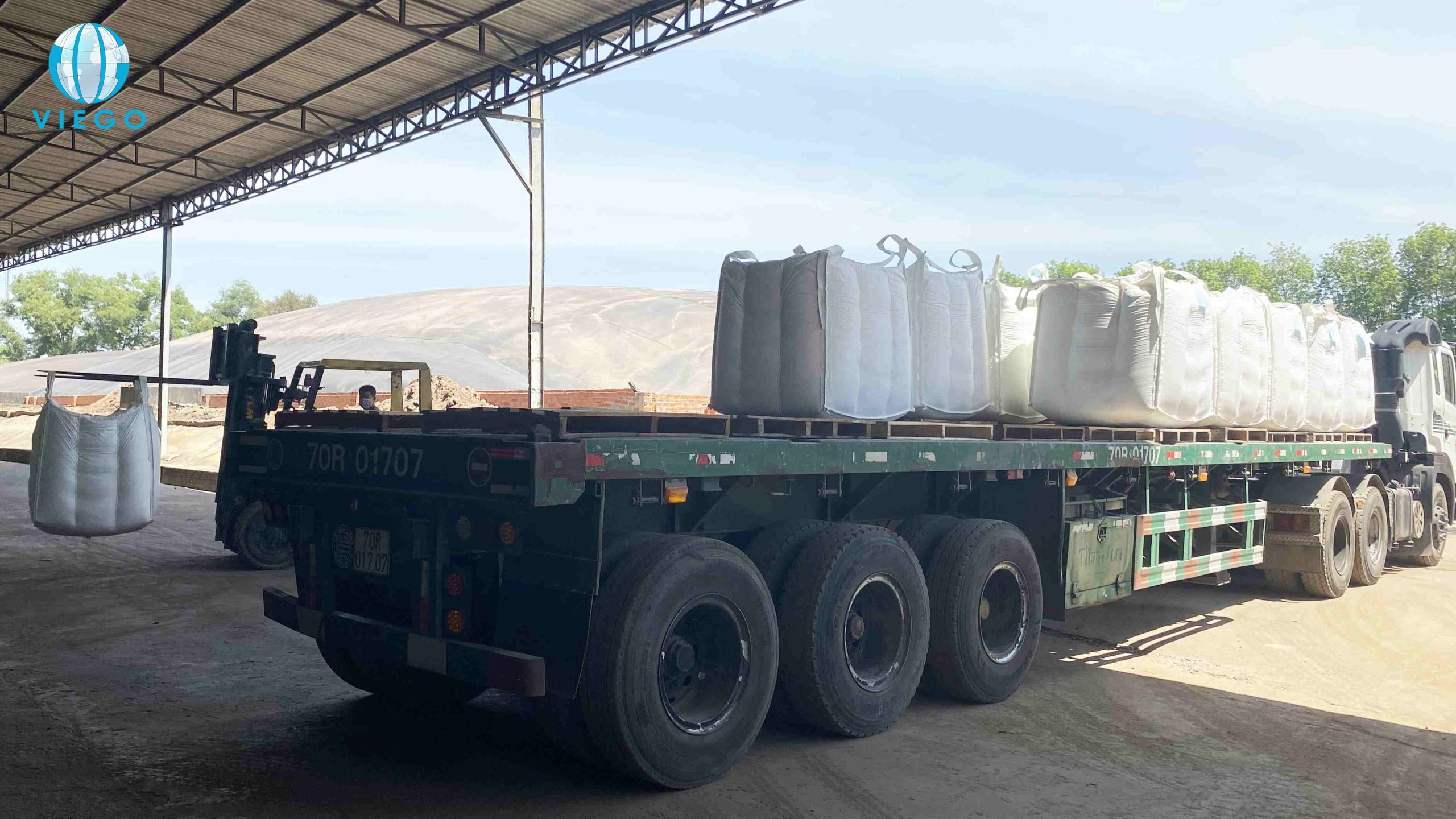
Vietnam cassava starch in jumbo bags are loaded onto trucks. Source: Viego Global team.
2. Unawareness of material fluctuations and final tapioca starch pricing
When looking for supply of Vietnam tapioca satrch, understanding the fluctuation of available raw materials (cassava roots) is essential. The pricing of tapioca starch is influenced by a multiple factors, including market demand, availability of raw materials, weather conditions, and global economic trends. These variables can cause significant fluctuations in the cost of tapioca starch production, which directly affects the final price of the cassava starch. Remain unaware of these fluctuations may affect your financial planning and put unnecessary strain on your budget.
So as to avoid this mistake, it is crucial to stay informed about market trends and factors that impact tapioca starch prices. Regularly monitor global starch market conditions, industry news, and economic indicators that affect the production and supply of cassava starch. Engage in open and transparent discussions with your suppliers to gain insights into any potential material fluctuations that may impact pricing.
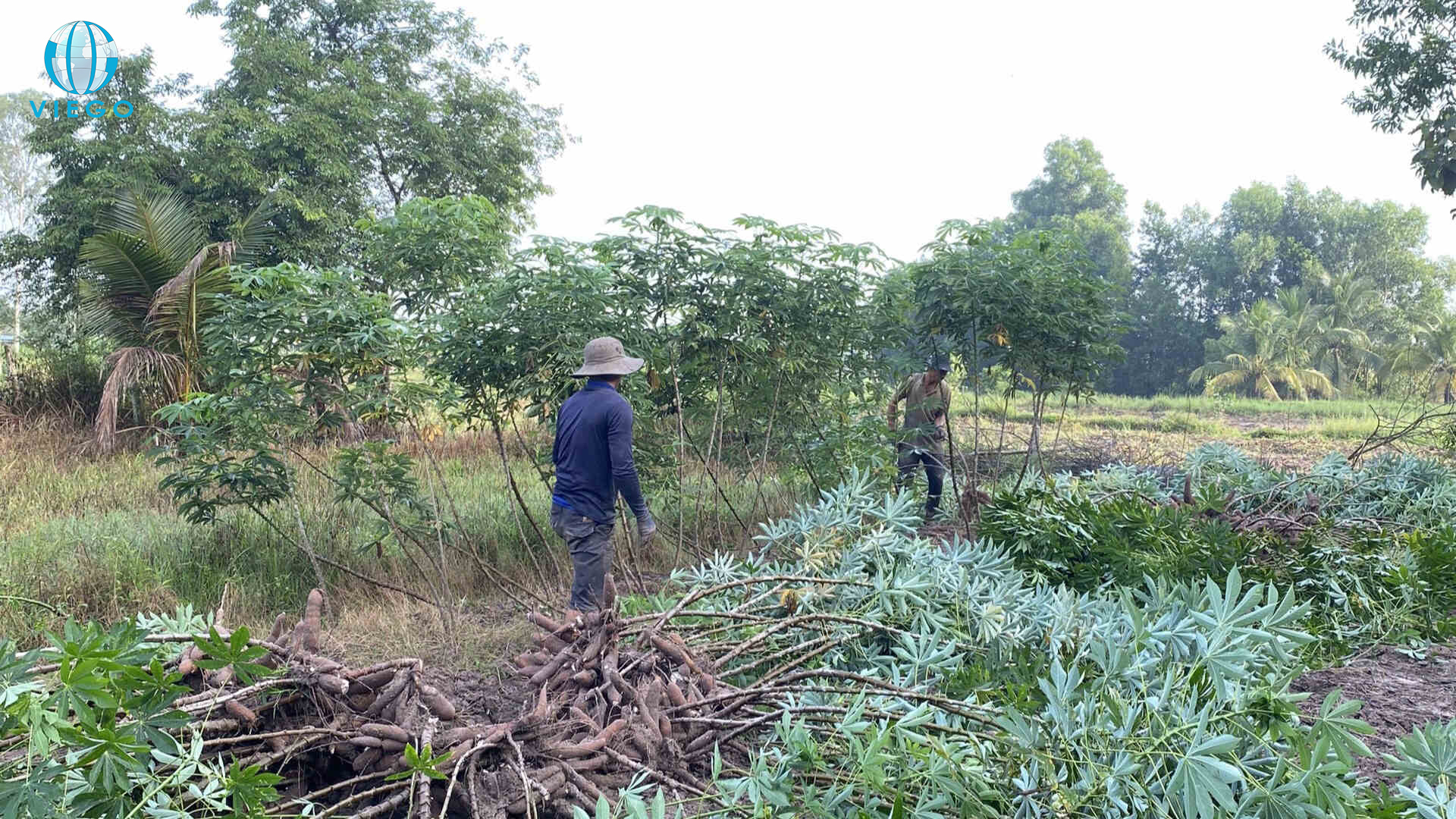
A cassava plantation where raw material in tapioca starch production is grown in Tay Ninh province. Source: Viego Global Team
3. Neglecting to check the cassava starch millers’ past performance
Failing to conduct due diligence on the tapioca starch millers‘ past performance can lead to undesirable outcomes and potential financial risks. By overlooking it, you run the risk of entering into agreements with tapioca starch suppliers who have a history of unethical practices, poor product quality, or financial instability. These issues can severely impact your business, resulting in shipment delays, or even disputes that could harm your reputation and profitability.
To avoid this mistake, it is essential to thoroughly research and evaluate the reputation and track record of potential tapioca starch factories. Look for indicators of their reliability, such as their years of operation, client testimonials, and industry certifications. Seek references from other businesses that have previously worked with them to gain more insights. You should also conduct background checks to ensure that they have a stable financial standing and possess the necessary resources to meet your production requirements consistently.
Furthermore, consider visiting the Vietnam cassava-starch millers’ facilities in person or conducting virtual inspections to assess their tapioca starch production processes, and overall capabilities. This firsthand observation will provide valuable insights into their operations and help you make an informed decision about their suitability as a supplier.
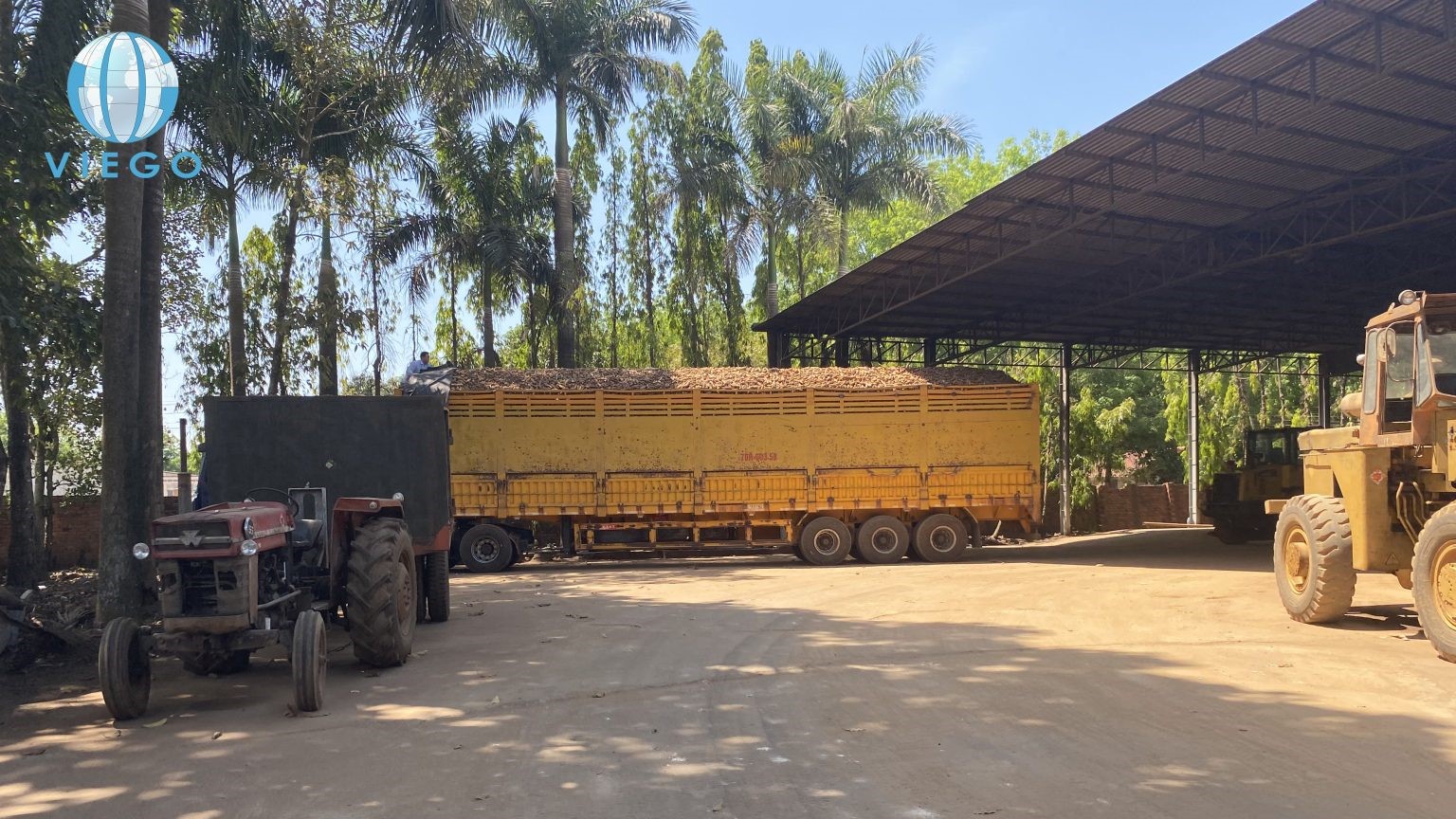
A corner inside a tapioca starch manufacturer. Source: Viego Global Team
Viego Global – Your trusted sourcing partner in Vietnam
Given that Vietnam has plenty of Tapioca starch suppliers, it is not easy to find a trustworthy supplier to work with though. Let’s answer the questions below before conducting your sourcing:
- Are you going to import tapioca starch types which are non-GMO, gluten-free, vegan, and plant-based?
- Are you looking for tapioca starch source in different grades with quality consistency and price competitiveness?
- Are you finding a Vietnamese trusted food-grade tapioca starch supplier with various standards: ISO, SMETA, HACCP, HALAL, KOSHER, FSSC, USFDA?
If your answer is yes for all, please contact us directly at Whatsapp/Wechat: +84 98 352 4599 or email: marketing@viegoglobal.com. Being present at the cassava-growing location and the economic centre of Vietnam, Viego Global can greatly help you professionally source and execute order, providing maximum benefits to our clients in terms of delivering quality tapioca products at competitive price.
Or in case you want to explore more about Vietnam tapioca starch first, below are our tapioca channels for latest update:
- Website: https://vietnamtapiocastarch.vn/ or https://viegoglobal.com/category/vietnams-tapioca-market/
- Instagram: instagram.com/native_modified_tapioca_starch
- Tiktok: tiktok.com/@vntapiocastarch
- Youtube: https://www.youtube.com/@VietnamTapiocastarchSupplier
- Linkedin: https://www.linkedin.com/company/b-sky-native-and-modified-tapioca-starch/
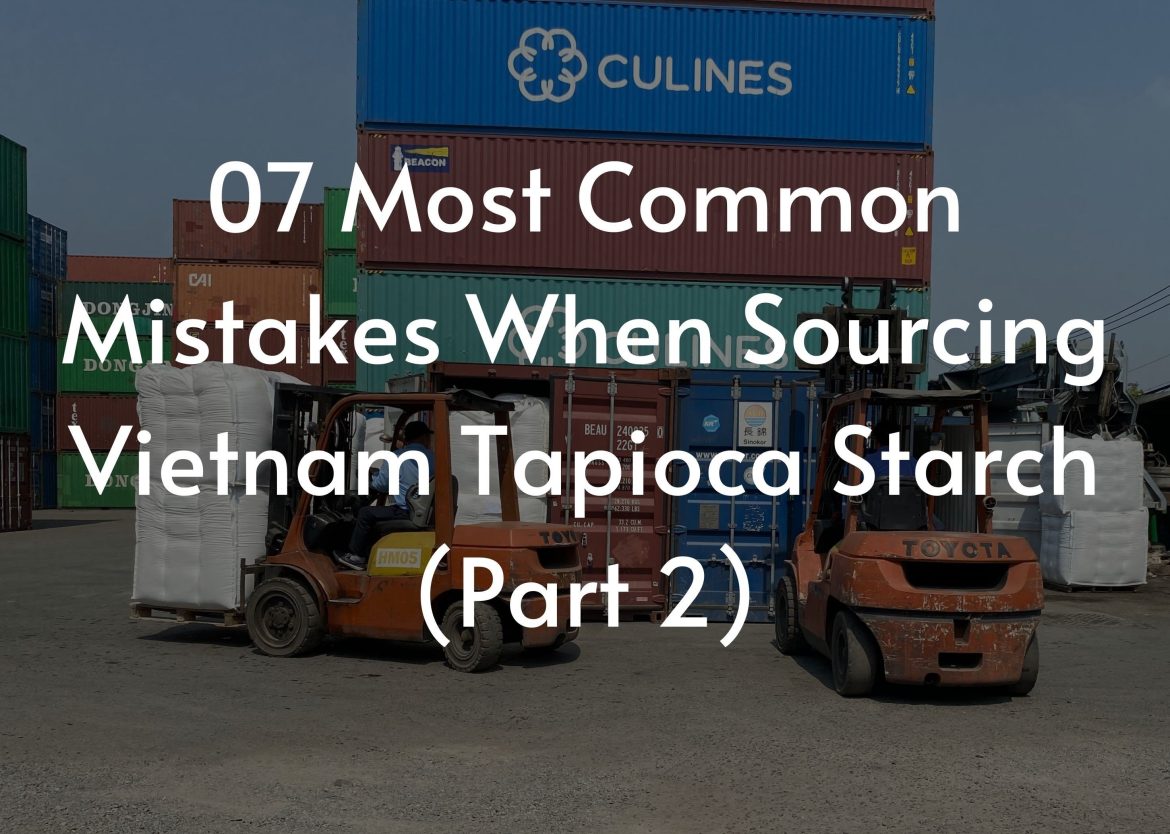
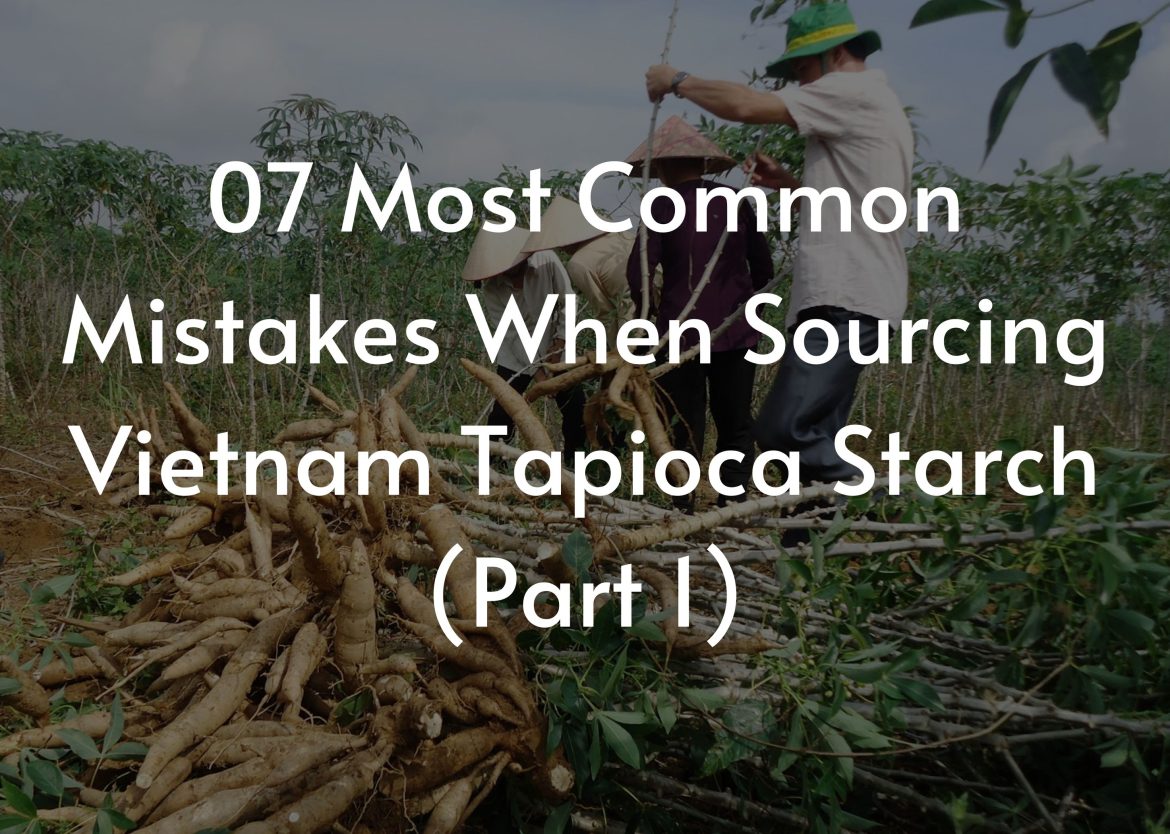
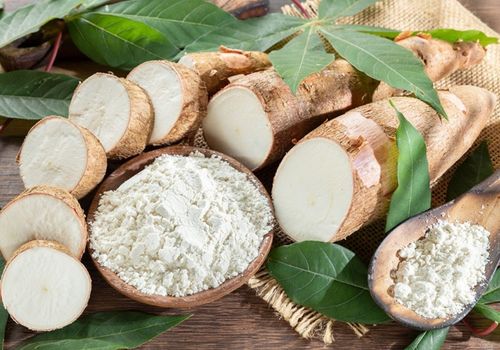
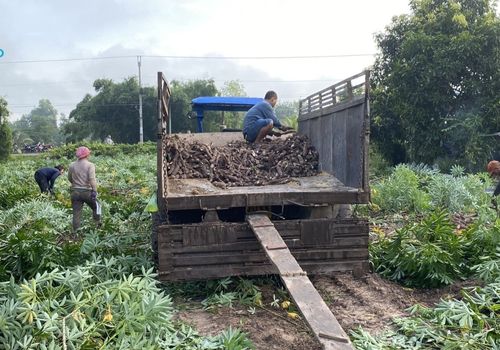
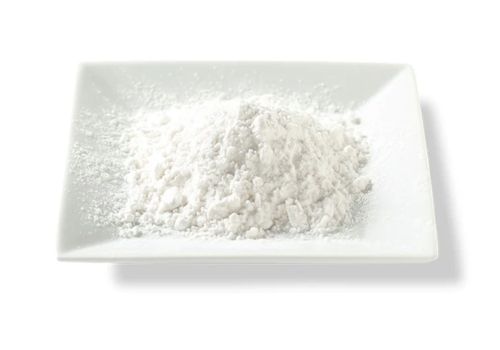
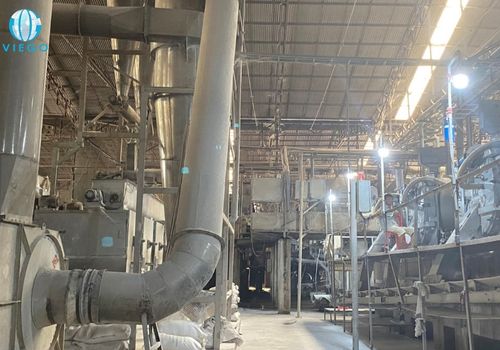
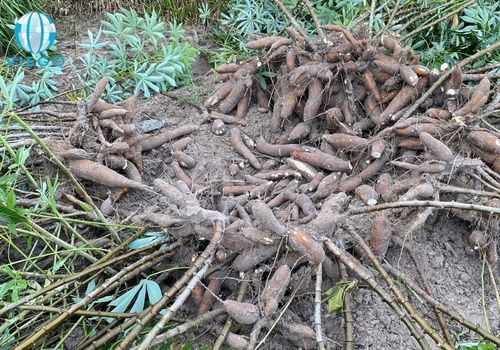
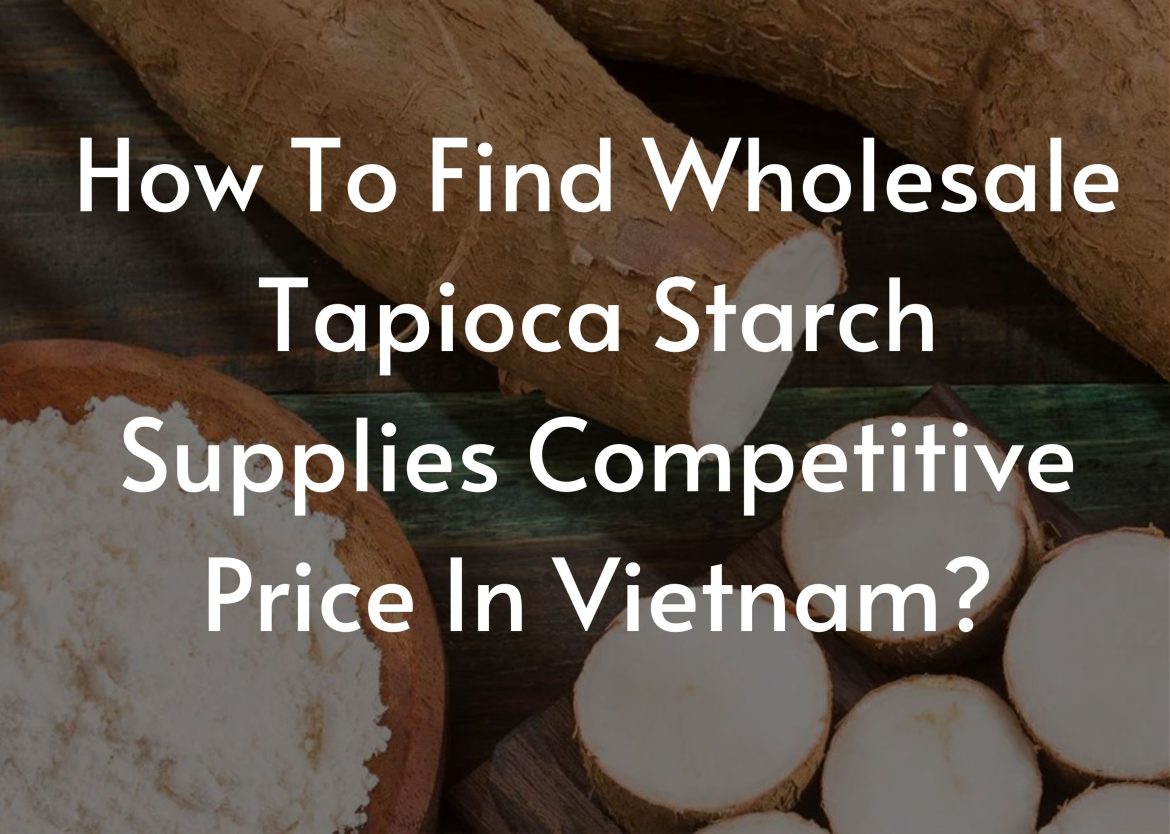
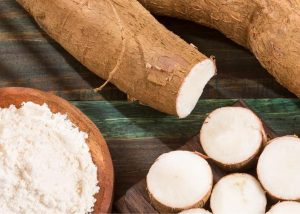
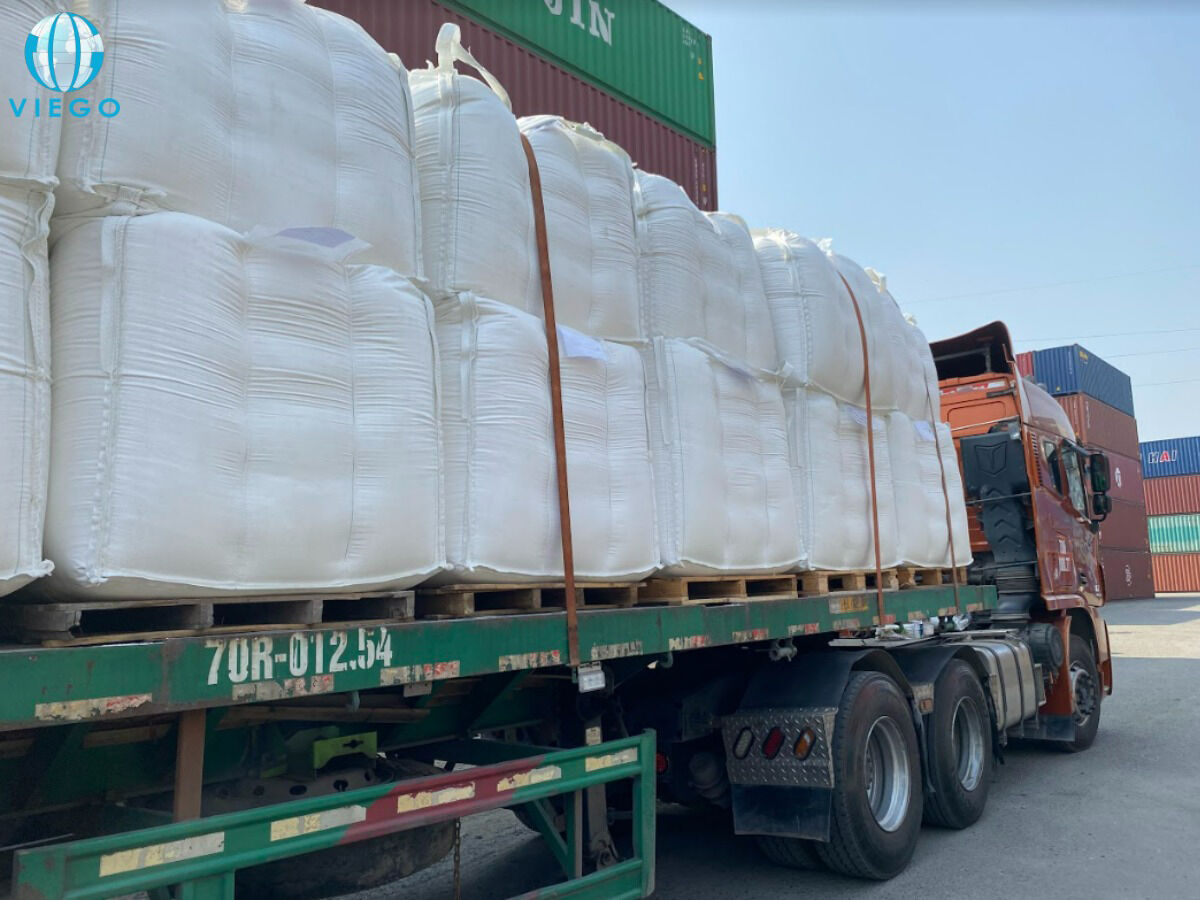
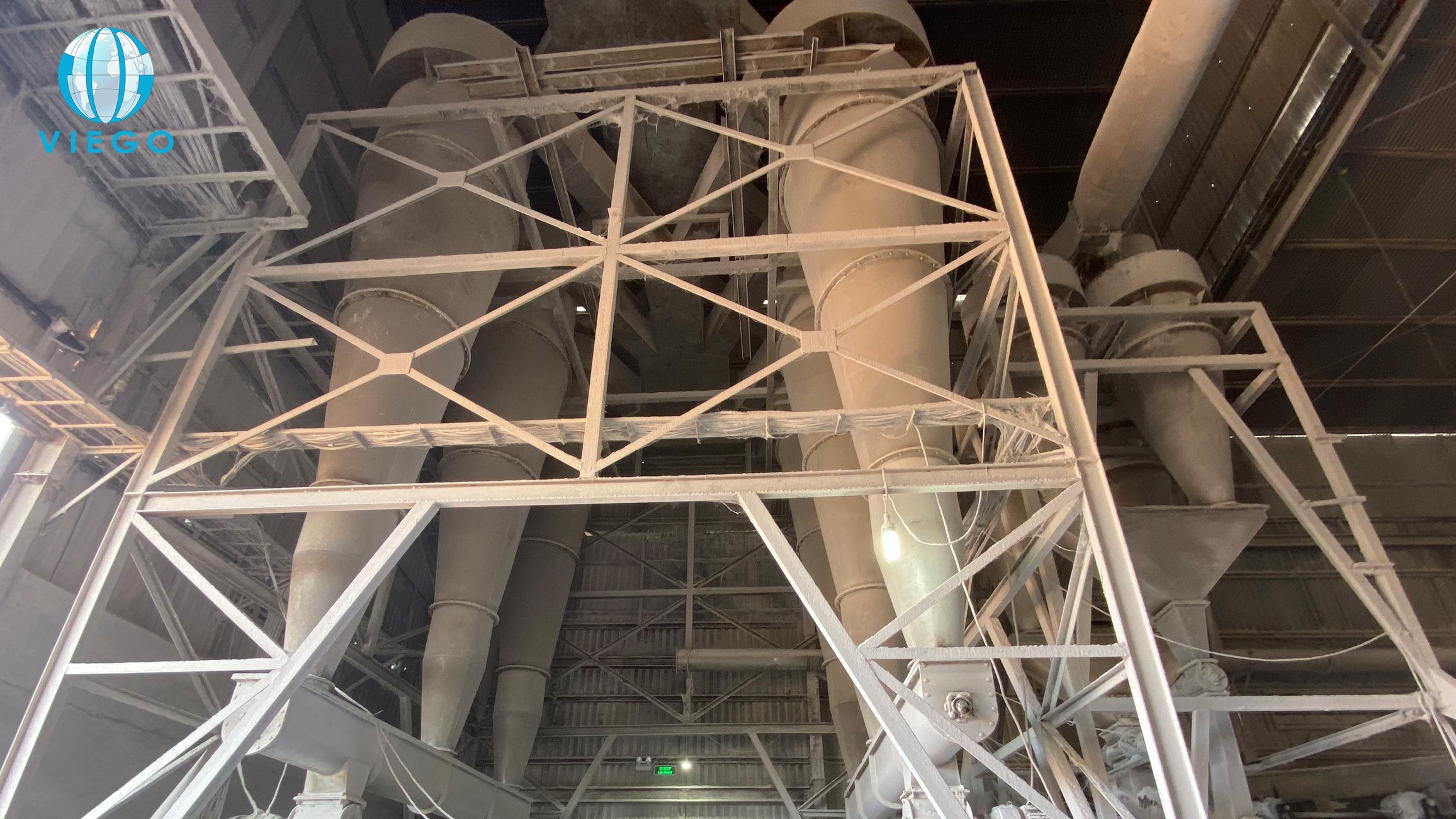
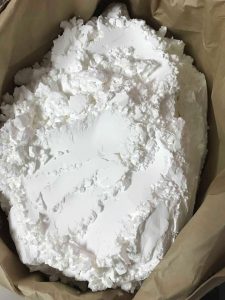
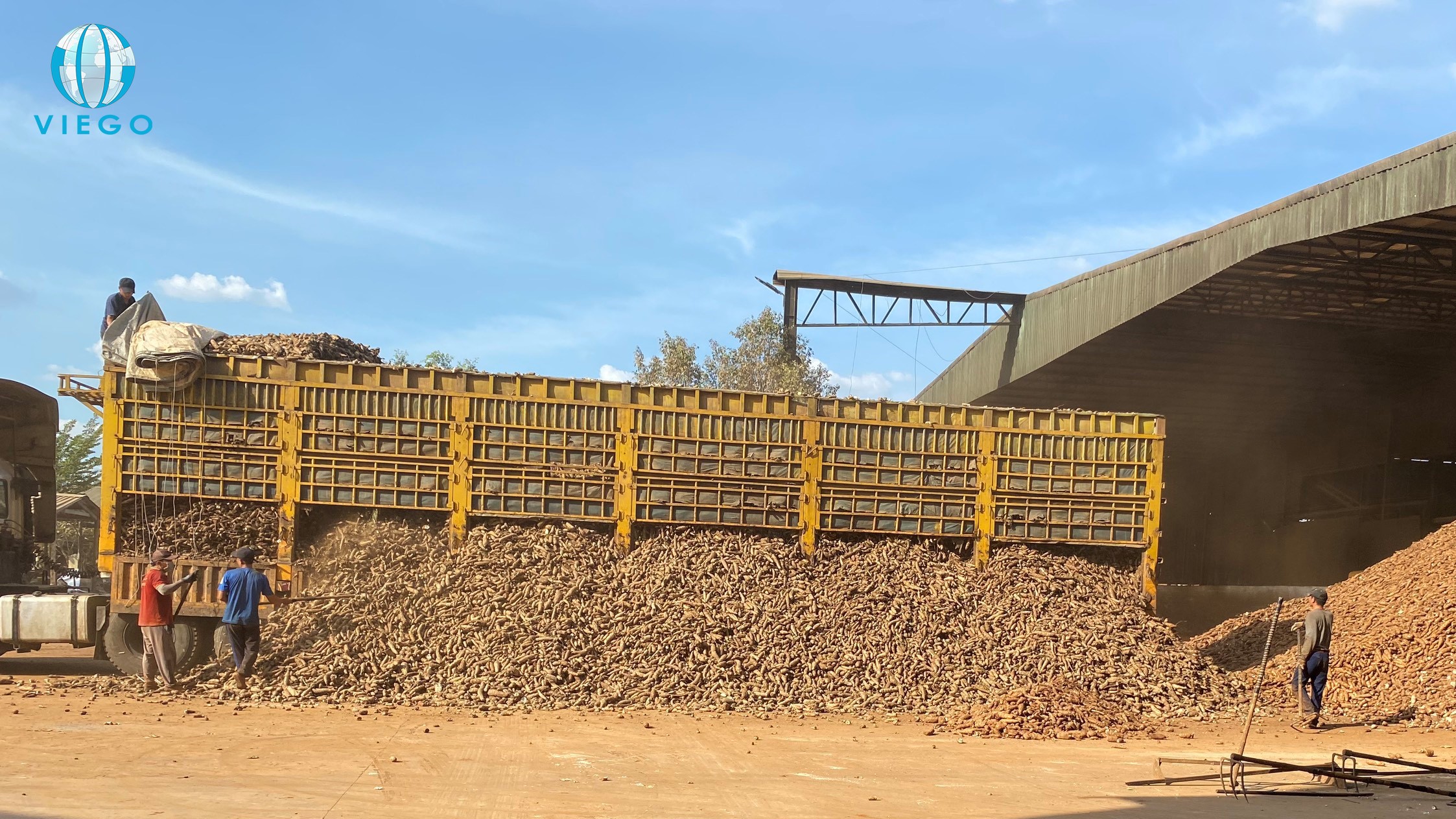




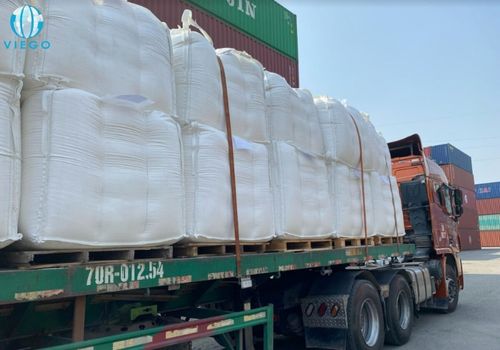
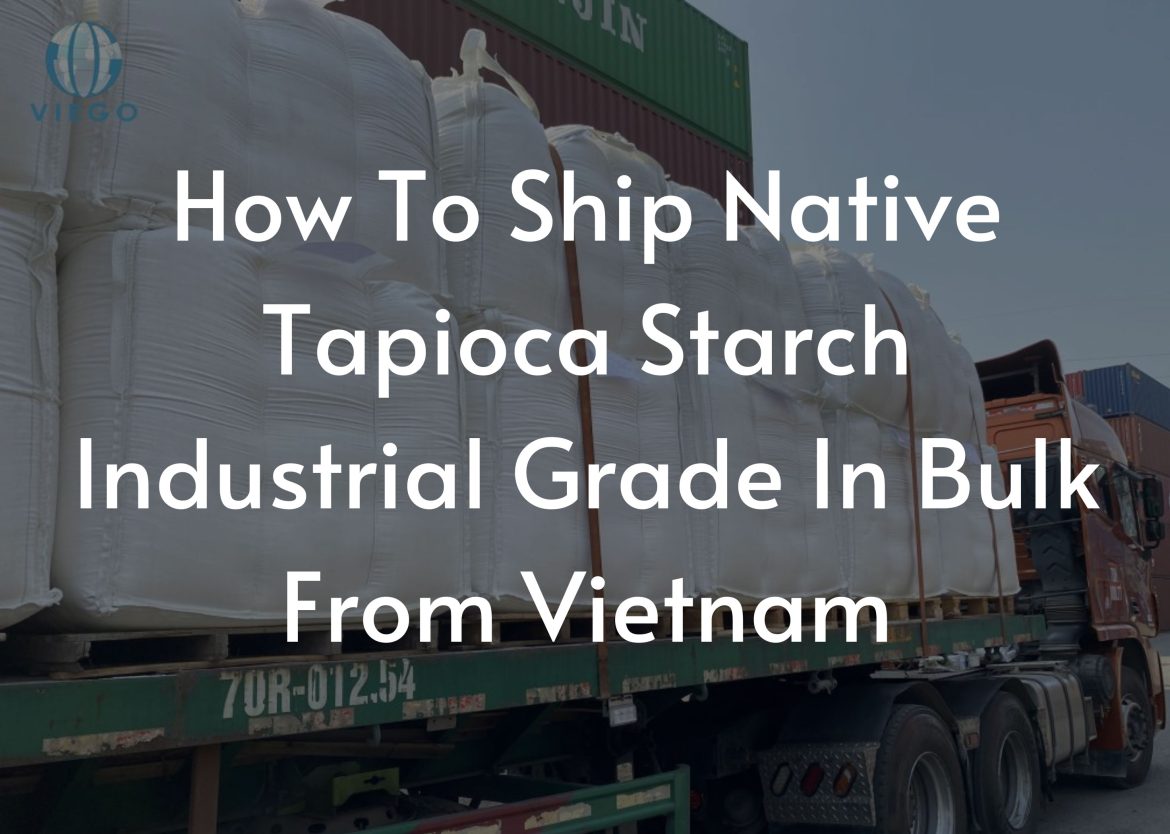
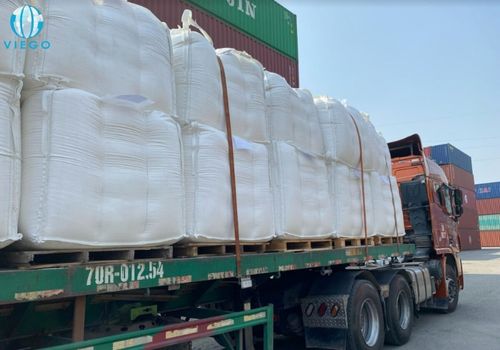
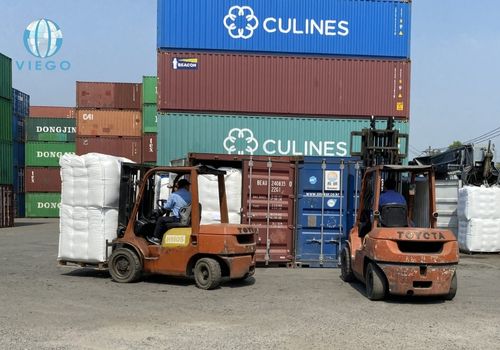
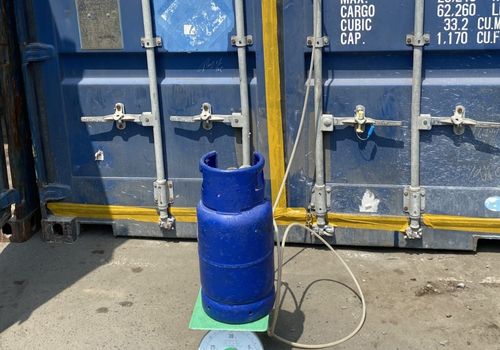
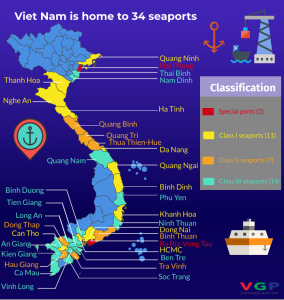
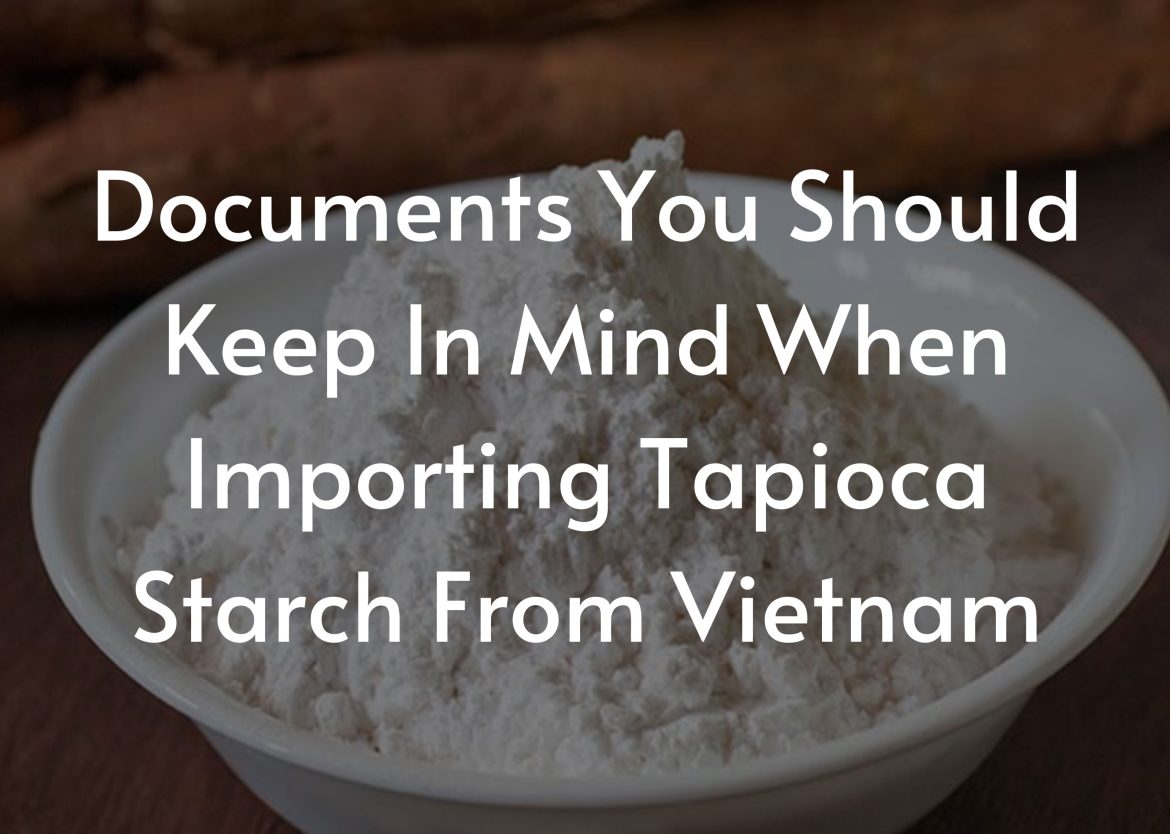
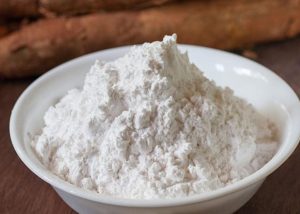

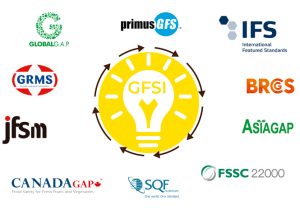
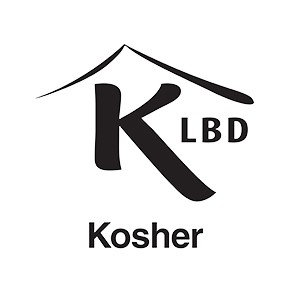
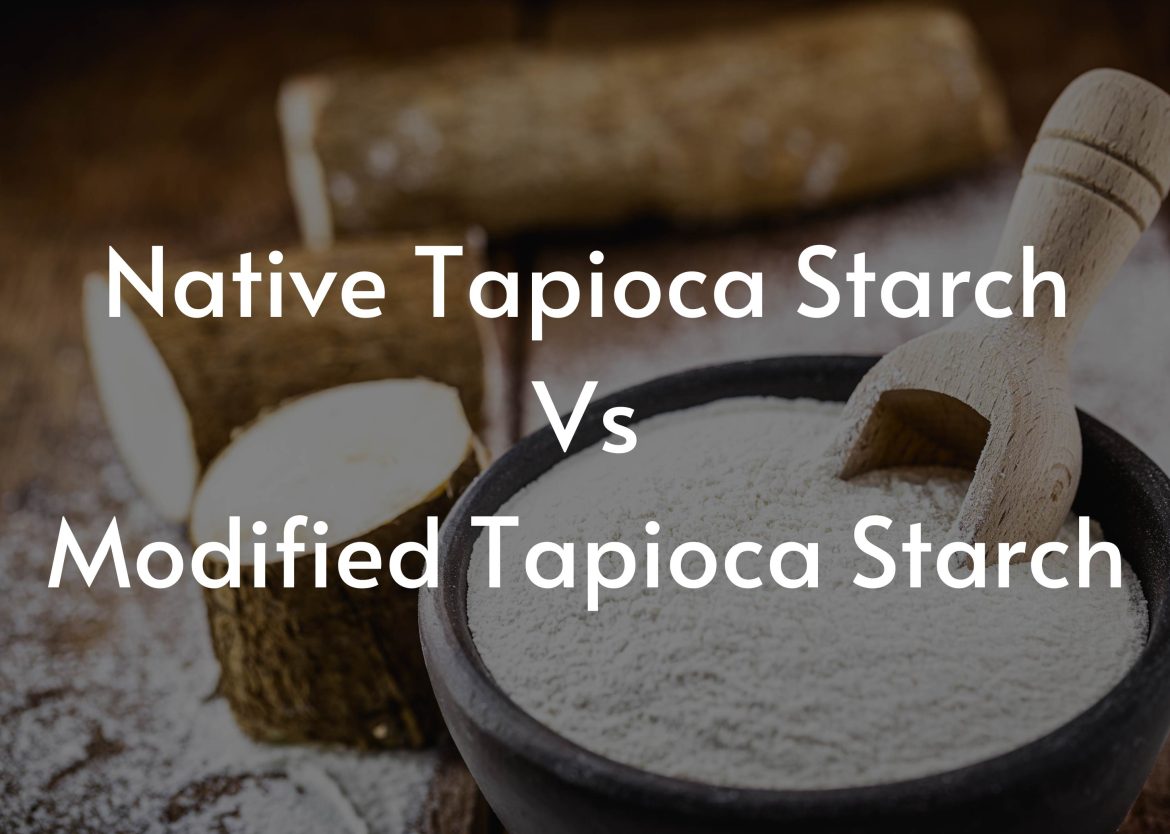
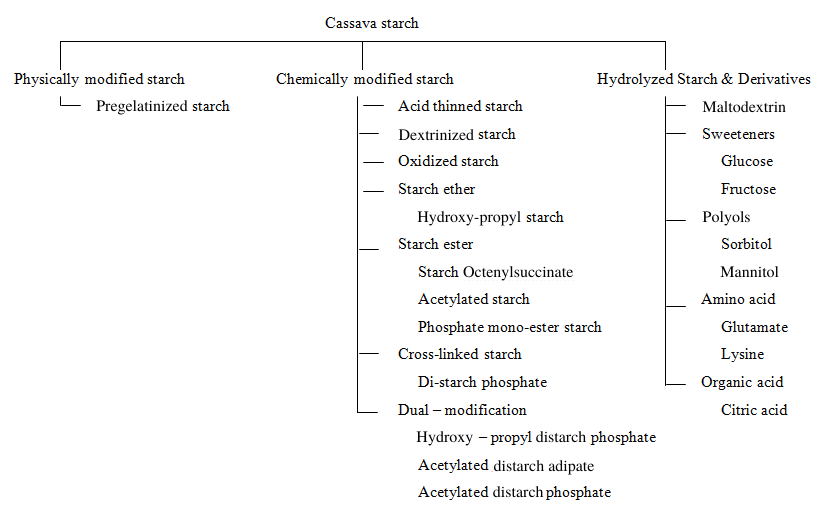
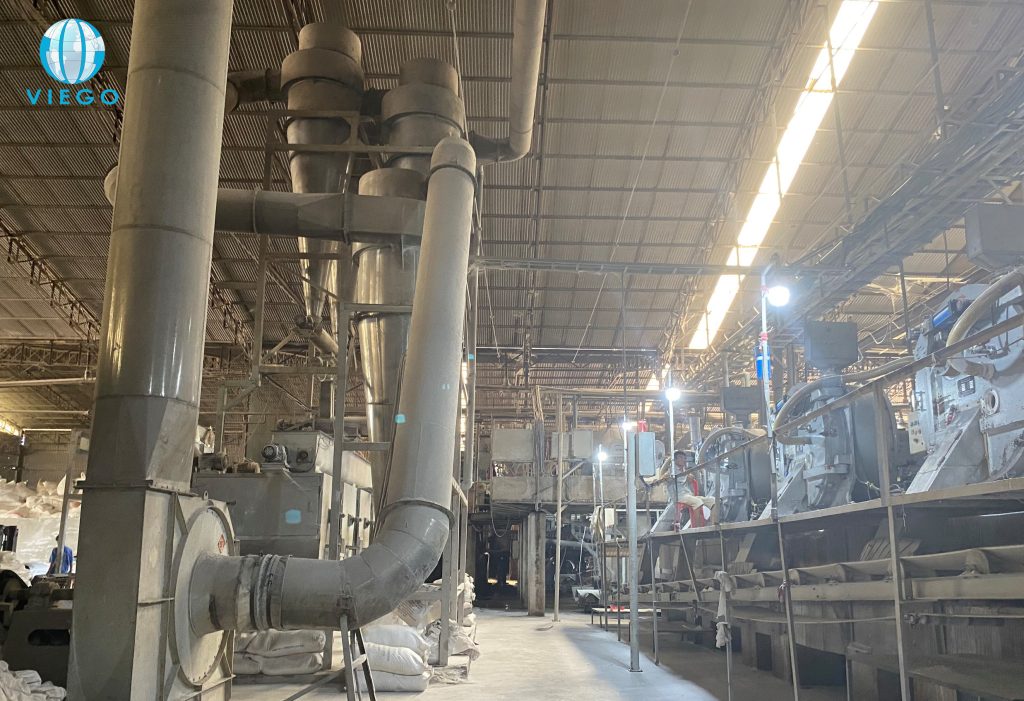 Production system in a tapioca starch manufacturer. Source: Viego Global team
Production system in a tapioca starch manufacturer. Source: Viego Global team
